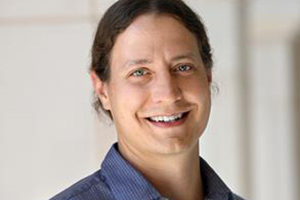
During his campaign, President-elect Trump publicly stated that he would cut back the Environmental Protection Agency and also vowed to eliminate other federal regulations in place to protect the environment. Brent Williams, the Raymond R. Tucker Distinguished I-CARES Career Development Associate Professor, shares his views on what would happen should those changes take effect.
- Climate change is real: “We no longer need to wait for more precise global climate model predictions in order to understand that the changes are real and we’re feeling them today. Climate refugees are increasing, even in our own states of Louisiana and Alaska. Current global crises and conflicts can be linked to droughts and famines. The impact that climate change will continue to have on our ability to produce enough food to feed a growing population, and the impacts it will have on countries displacing or accepting large populations, will ring loudly in discussions of agriculture, economics, energy, immigration and national defense. This is not just an environmental issue. While political leaders can still deny the source of the problem, they can’t ignore the consequences.”
- In the event federal regulations go away: “If decisions are made at the federal level to stop direct efforts to curb greenhouse gas emissions, then it is up to regional, state and local communities to enact political, behavioral and technological solutions to limit these emissions. Such efforts to limit CO2 emissions have already shown success here in the United States through the Regional Greenhouse Gas Initiative of the Northeast and Mid-Atlantic states. While a Midwestern accord was initiated in 2007, it was never put into action. Now would be a good time for us to take personal initiatives in our daily decisions and to collectively consider a renewed Midwest regional agreement on greenhouse gas reductions.”
Williams studies the chemical and physical properties of the Earth’s atmosphere to better understand climate and health effects and teaches interdisciplinary climate courses.
Editor’s note: Williams is available for interviews and may be reached via email at brentw@wustl.edu or by phone at 314-935-9279.
Read more from our experts on Election 2016.